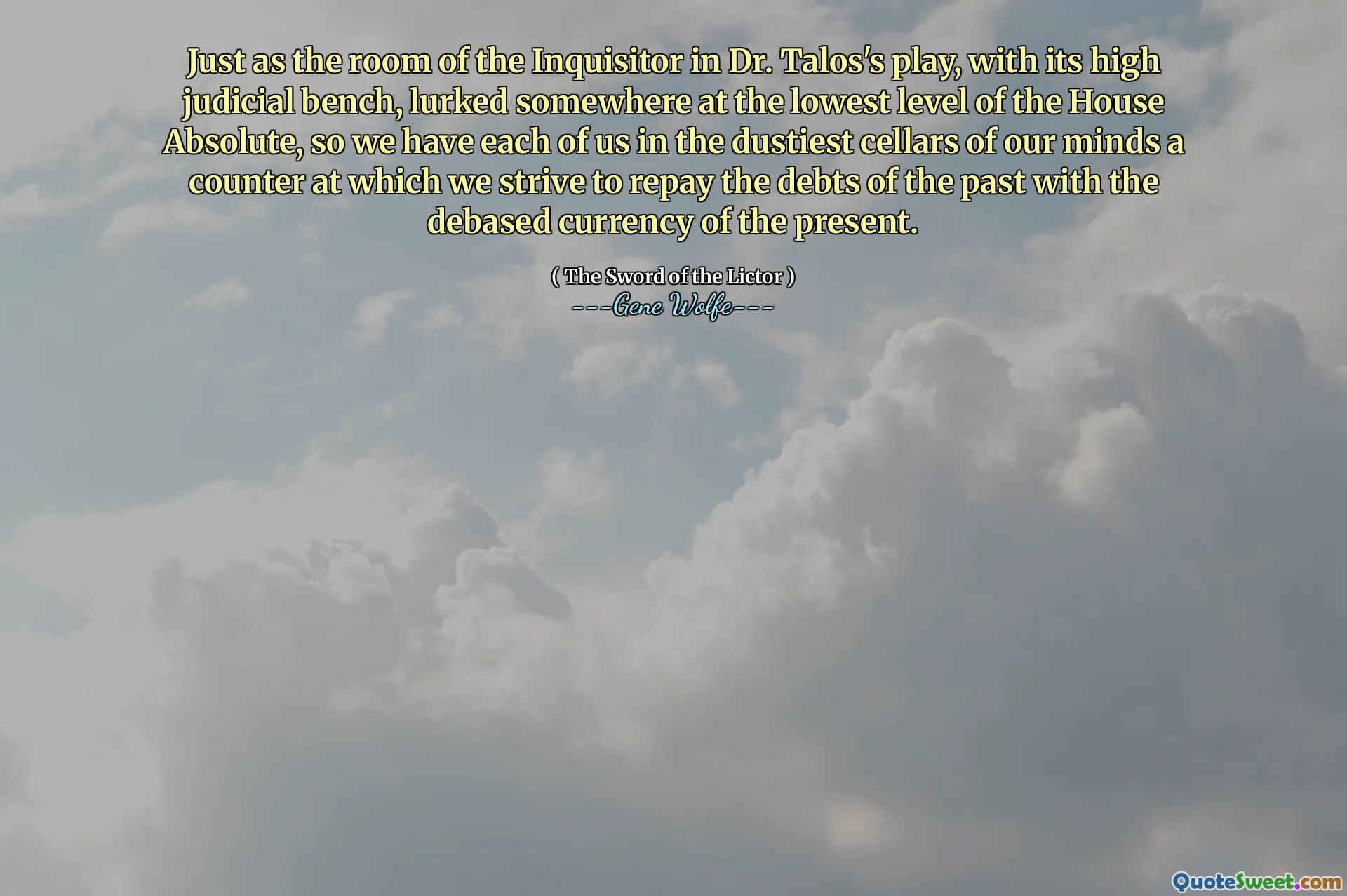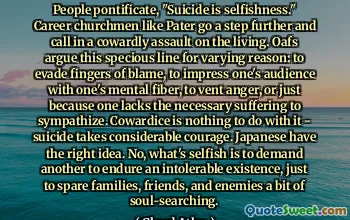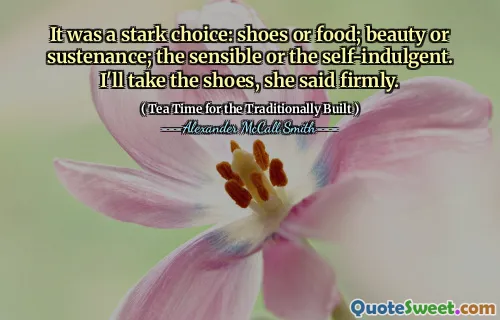
Just as the room of the Inquisitor in Dr. Talos's play, with its high judicial bench, lurked somewhere at the lowest level of the House Absolute, so we have each of us in the dustiest cellars of our minds a counter at which we strive to repay the debts of the past with the debased currency of the present.
This evocative passage delves into the complex interplay between power, conscience, and internal morality. The imagery of the Inquisitor's chamber—typically associated with judgment, authority, and moral scrutiny—being 'somewhere at the lowest level of the House Absolute' suggests a paradox: that even within the highest institutions of judgment, there exist depths of vulnerability and hidden truths. Transposing this to the individual, the mention of the 'dustiest cellars of our minds' paints a picture of the subconscious—those concealed, neglected parts of our psyche where forgotten memories, guilt, or unresolved issues reside. The metaphor of trying to 'repay the debts of the past with the debased currency of the present' highlights the often futile or corrupt attempts we make to resolve past sins, mistakes, or obligations using the flawed resources we possess in the moment. This resonates profoundly with the human condition: our continuous struggle to reconcile past actions with current selves, often burdened by regret or shame, and resorting, consciously or subconsciously, to distorted justifications or superficial remedies. The image underscores the inherent tension in self-awareness—the recognition of one’s faults and the inevitable desire for redemption or atonement—yet acknowledging that this pursuit is marred by limitations, biases, and imperfection. Ultimately, the quote invites us to reflect on the internal moral landscapes we navigate, where judgment and introspection coexist, often with more shadows than light. It reminds us that our efforts for moral reconciliation are frequently compromised by our own imperfections, and understanding this human frailty can lead to greater compassion, acceptance, and humility.




